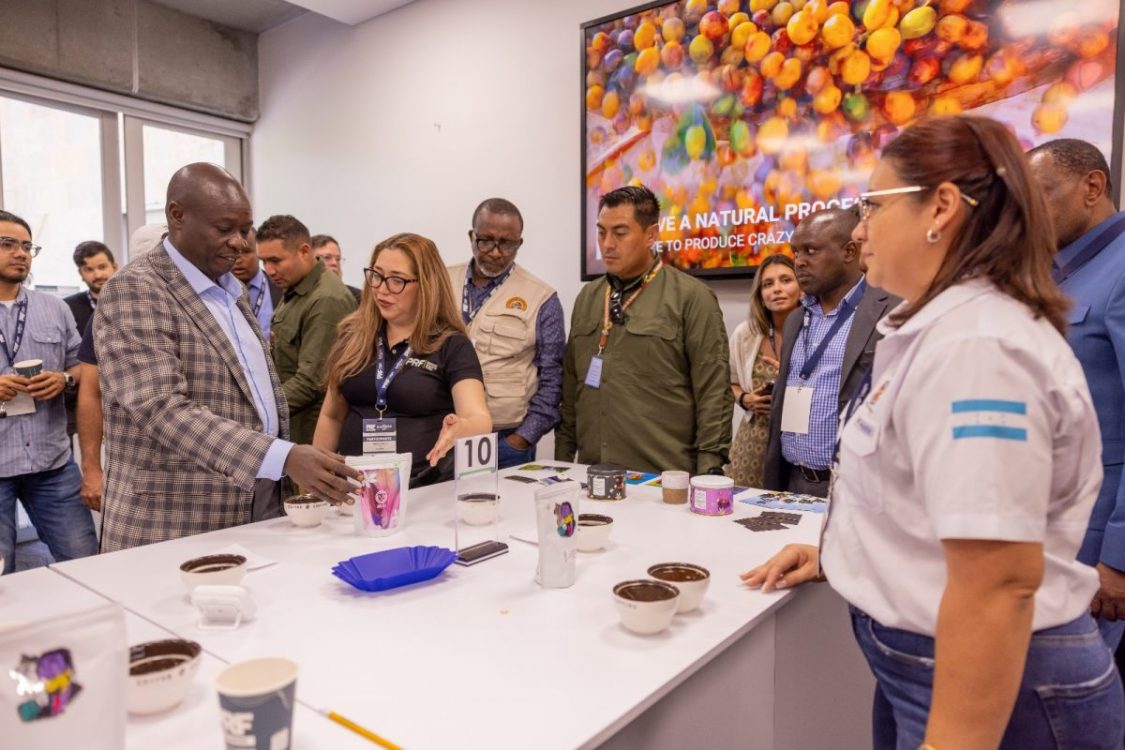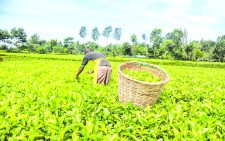Kenya’s success in expanding revenue from exports lies in focusing on quality rather than quantity, to avoid the curse of mass production.
While increasing production might seem like a path towards boosting revenue, it is the quality of goods that will truly set Kenya apart in global markets, ensuring long-term growth and sustainable demand. This can also create better paying jobs.
At a time when global consumers and businesses increasingly prioritize high standards, Kenya must refocus on building a competitive edge through quality by taking a deeper focus and investment in industry and manufacturing.
Kenya’s is celebrated for producing some of the world’s finest Arabica coffee with the country commanding high prices in premium markets like Europe, the US and Japan.
However, despite accounting for only a small share of global coffee production, its superior taste, aroma, and sustainable farming practices make Kenyan coffee a top choice for buyers.
This is proof that by targeting niche markets that value excellence, Kenyan exports can thrive without mass production, by adding value locally.
Similarly, in the horticulture sector, Kenya’s flower exports—particularly roses—show the power of quality. Kenyan flowers dominate the European market, not because of volume, but due to their high quality, long shelf life, and adherence to international standards.
The recent ongoing in the tea industry however serves a cautionary tale; despite being one of the largest tea producers globally, Kenya’s tea is often sold in bulk, blended with lower-quality teas, and fails to command premium prices.
That is why Kenya must shift toward marketing single-origin, high-quality teas that reflect the rich diversity of its regions.
This approach, similar to Sri Lanka’s Ceylon tea branding, could attract consumers willing to pay more for unique products and elevate our standing in the market.
The focus on quality can also apply to Kenya’s manufacturing sector. For example, local textile and apparel manufacturers can tap into global markets by emphasizing craftsmanship and ethical production.
Our country Kenya can follow Ethiopia’s lead in attracting high-end buyers of garments.
In today’s informed market, consumers prioritise ethical sourcing and sustainability.




















